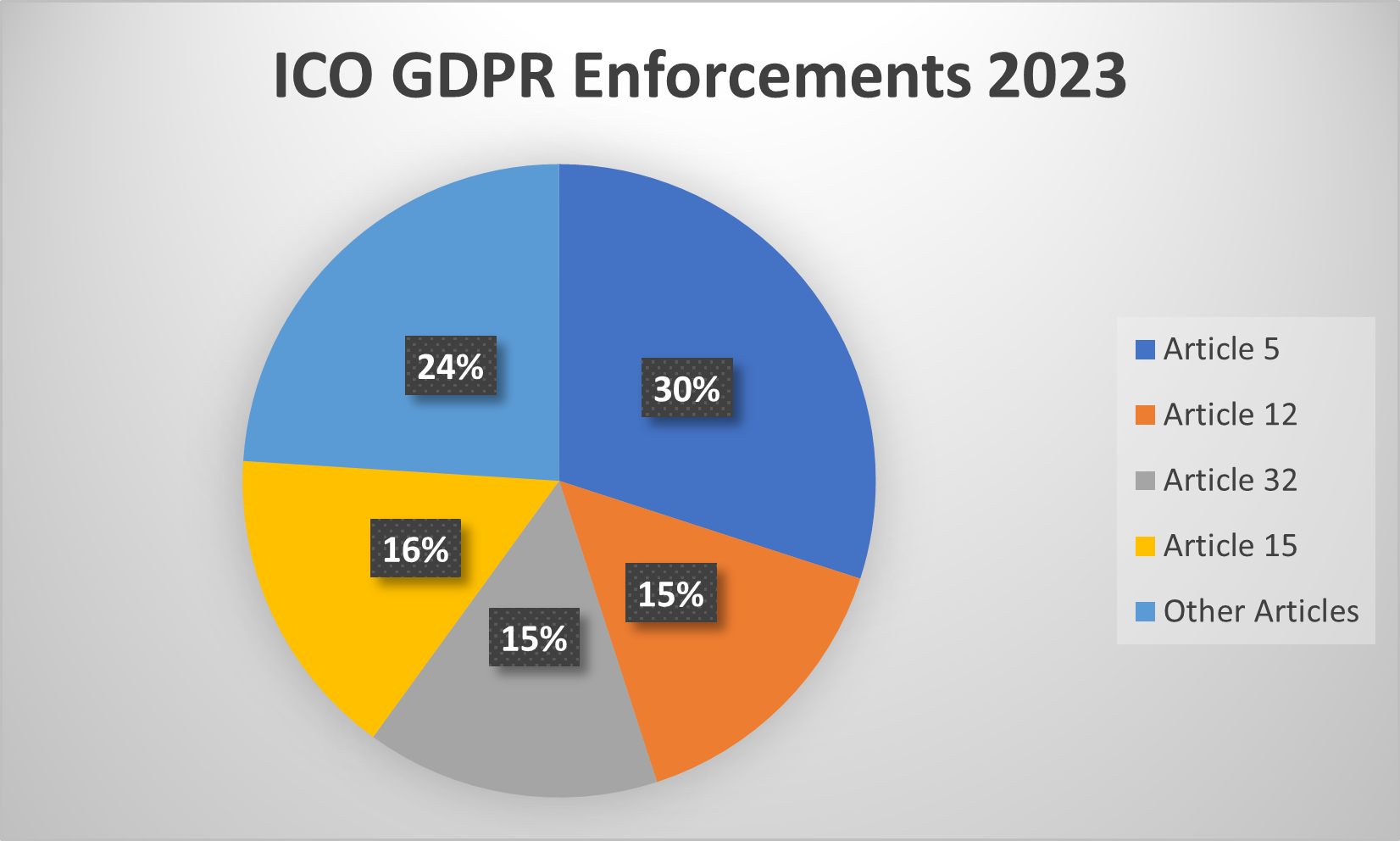2024: The Year of Do or Die
As we rang in the New Year the collapse of Communisis marked a less than auspicious start for the industry. Tom Preston-Werner’s famous quote: "You’re either the one that creates the automation or you’re getting automated” has never been more pertinent. In an era where digital transformation is reshaping industries, the direct mail sector, traditionally reticent to change, is now standing at the crossroads of innovation and tradition. The crux of this transformation is automation, a concept that is essential for the future of the industry. Automation in direct mail streamlines processes including sorting, addressing, and packaging. This mechanisation significantly reduces the time and labour involved, translating to lower operational costs and higher efficiency. By minimising manual interventions, automation also [...]









